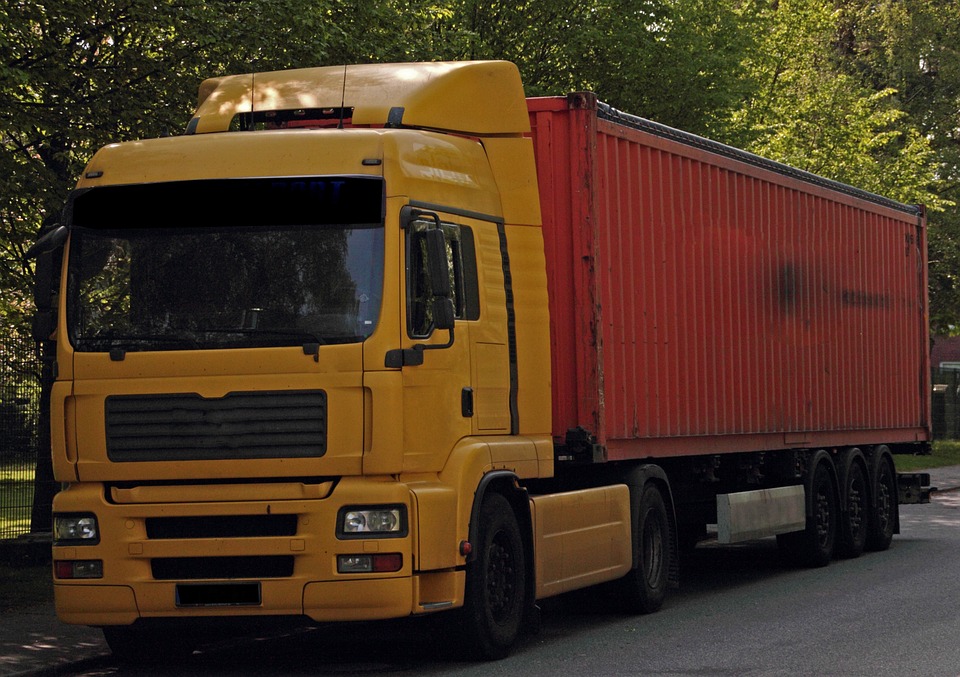
In the countries of the former Soviet Union, such as Russia today, the rules are slightly different than those in Poland. So it is worth checking what you can get a fine for and how much. This article will also tell you why Polish lorries are targeted there.
It is a well-known fact that Russian control services love to stop European trucks. Most often these are vehicles with Polish registrations. So when going to Russia or other former USSR countries, for example Belarus, be prepared for at least one control
Why does it look like this? There are several reasons for this, one of which is certainly the political conditions – it must not be forgotten that there is still no clear, permanent transport agreement. There are also frequent sanctions imposed on Russia by western countries and embargo.
Unfortunately, quite often according to services which control trucks, drivers have wrong permits or mistakes in other documents. Of course, this is not always true, unfortunately, most often in such a situation everything ends unfavorably for the Polish drivers, who have to return to the base. Today, however, a little about transport regulations, which are worth knowing, because they can cause considerable trouble at the border and already in Russia or Belarus.
Most often Russia and Belarus are the so-called “sticklers” who try to find any mistakes in documents of Polish carriers. Luckily Ukraine and countries of Transcaucasus have slightly different attitude towards our drivers. But coming back to the controls in these “less friendly” countries – you can get a ticket for several basic offenses.
First of all, for offences related to cabotage, which according to Russian and Belarusian control services is reserved for local companies. Of course, it is not that these services cannot be provided by companies from other countries, but during cabotage transport control services look for the smallest mistakes in documents
Here is a little advice, remember to fill in item no. 24 in the CMR. But this is not the end, you can be sure that Russians will pay attention to lack of permit or invoice first of all. In this case, the fine is huge, up to several thousand euros. In the documents that will be presented to the services, it is also worth remembering the annotations of customs authorities.
Unfortunately, this is not the end. In addition to the controls, foreign truck drivers are exposed to fines when they exceed the speed of course. It is also necessary to mention about exceeding the permissible pressures or moving on the zones with the ban on the truck traffic. Seasonal restrictions can be added to all this.
No wonder transport to countries from the former USSR – with particular emphasis on Russia and Belarus – is so unpopular.
(Photo: pixabay.com)